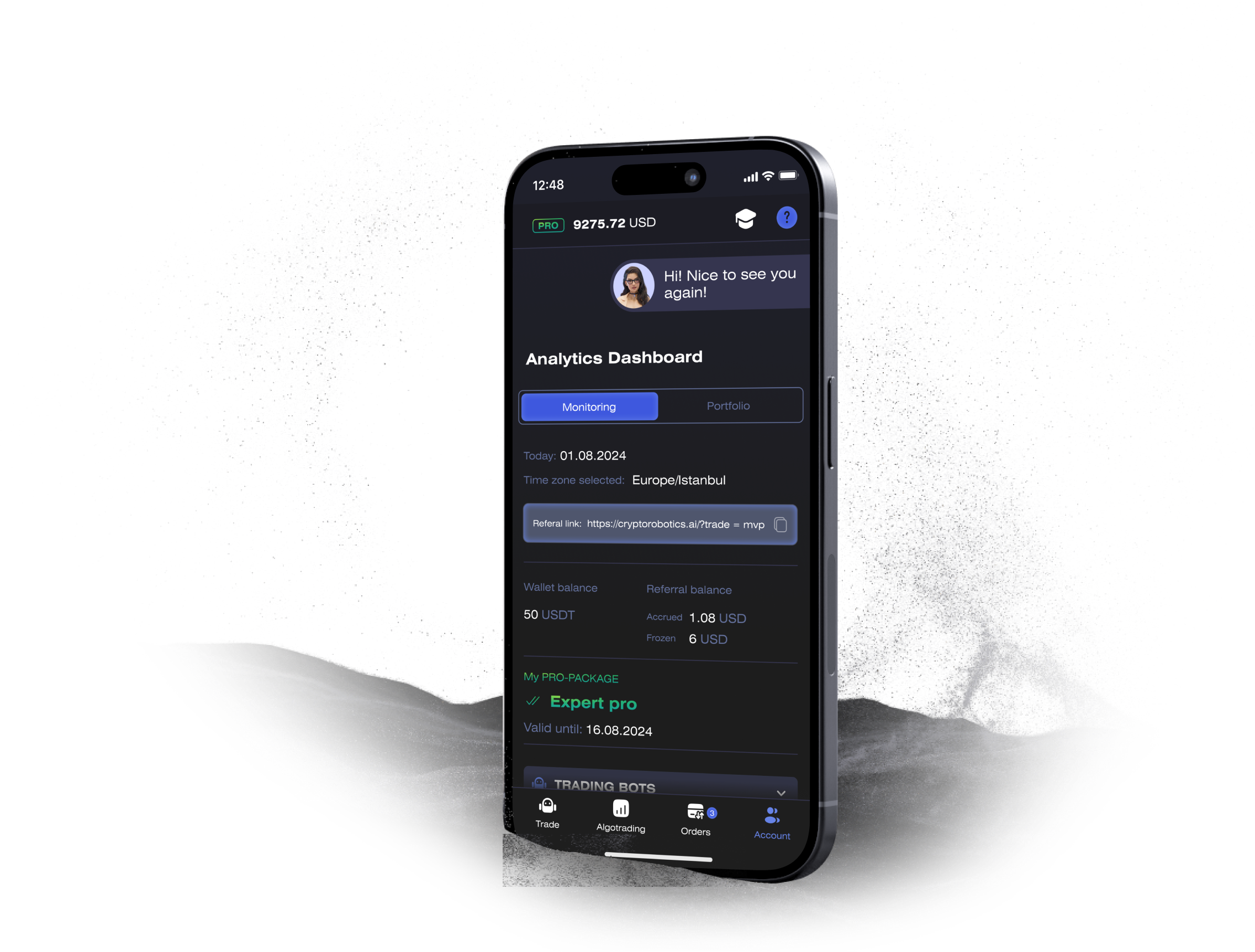Published: November 02, 2024 at 6:31 am
Updated on December 10, 2024 at 7:38 pm


The trial of Roman Storm, one of the co-founders of Tornado Cash, has been pushed back to April 2025. This delay is raising eyebrows and not just because we have to wait longer for the courtroom drama. It’s a perfect case study on how crypto developers are caught in the crosshairs of innovation and regulation.
For those who might not be up to speed, Storm is facing some serious charges. U.S. prosecutors claim he was part of a massive money laundering operation that helped North Korea’s Lazarus Group pocket over $1 billion. The indictment lists three counts against him: conspiracy to commit money laundering, conspiracy to commit sanctions violations, and conspiracy to run an unlicensed money-transmitting business.
What’s interesting—and somewhat frustrating for his defense team—is that Judge Katherine Polk Failla has ordered both sides to share information about their expert witnesses. Storm’s lawyers are arguing this could jeopardize their strategy, even going so far as to file a petition with the U.S. Court of Appeals for the Second Circuit. But Judge Failla isn’t budging; she’s made it clear that this is standard procedure.
Now, why should we care about this? Well, it shines a spotlight on the legal quagmire crypto developers find themselves in. Take a look at some key points:
First off, there’s regulatory compliance. Crypto bot developers have to navigate a labyrinth of laws—everything from anti-money laundering (AML) rules to data protection regulations like GDPR in Europe and CCPA in California. And let’s be real: complying with all these can slow down innovation faster than you can say “decentralized finance.”
Then there’s the issue of licensing and registration. In many places, if you’re operating a crypto bot without proper authorization, you’re just asking for trouble.
And let’s not forget about intellectual property concerns! Developers need to ensure they’re not stepping on anyone’s toes or using code that could get them into hot water.
But here’s where it gets really tricky: legal liability. The recent conviction of Alexey Pertsev—a developer who was also involved with Tornado Cash—has set a chilling precedent. It essentially says that if you create software that can be used for illegal activities, you might be held accountable.
The ongoing trials related to Tornado Cash are more than just court cases; they’re emblematic of an industry at war with itself over its core principles of decentralization and privacy versus governmental control and surveillance.
As we watch these events unfold, one thing becomes clear: until there’s some form of consensus or middle ground reached between regulators and the crypto community, we’re likely going to see more delays—and more tensions ahead.
Access the full functionality of CryptoRobotics by downloading the trading app. This app allows you to manage and adjust your best directly from your smartphone or tablet.

News
See more



Blog
See more